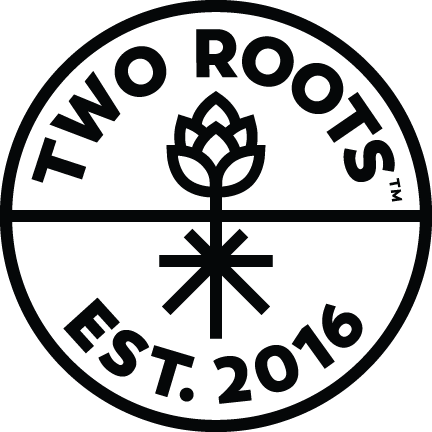Summary – 1 Minute Read.
THCa, or tetrahydrocannabinolic acid, is a compound found in raw cannabis plants that doesn’t produce the psychoactive effects associated with THC unless it is heated. THCa is believed to possess anti-inflammatory and neuroprotective properties, offering potential health benefits without causing a high. People can consume THCa by juicing raw cannabis leaves or using products designed to preserve the compound. While not as well-known as THC, THCa presents intriguing possibilities for those interested in cannabis’s therapeutic potential beyond its psychoactive effects.
Cannabis Strain Secret Weapon THCa
Alright, folks, let’s dive into the world of cannabis and uncover a little secret weapon known as THCa. Now, you might be scratching your head wondering, “What is THCa?” Well, let me break it down for you in simple terms.
THCa stands for tetrahydrocannabinolic acid. It’s one of those fancy compounds found in raw cannabis plants. You see, when the plant is fresh and untouched by heat or light, it’s packed with THCa rather than THC—the stuff that actually gets you high. So basically, THCa is like THC’s chill cousin who hasn’t quite hit the party scene yet.
But don’t go thinking THCa is just sitting there doing nothing. Oh no! This compound has its own set of cool tricks up its sleeve. For starters, it’s believed to have some pretty nifty anti-inflammatory properties. Imagine being able to soothe those aches and pains without even getting a buzz—sounds like a win-win to me!
Now here’s something that’ll knock your socks off: THCa might also offer neuroprotective benefits. Yep, that’s right! Some early research hints at its potential to help protect brain cells from damage. Who would’ve thought this quiet little compound could pack such a punch?
Did you know? Unlike THC, THCa won’t get you high unless it’s heated up through smoking or cooking!
So how do people make the most out of this secret weapon? Well, some folks are all about juicing raw cannabis leaves or using them in smoothies to keep that THCa intact. Others might look for products specifically designed to preserve these beneficial acids.
In conclusion (if I can even call it a conclusion), while THCa may not be as famous as its psychoactive counterpart THC, it’s definitely worth keeping an eye on. Whether you’re after some natural relief or just curious about what else cannabis has to offer beyond the usual suspects, exploring What is THCa could open up a whole new world of possibilities for you!
Frequently Asked Questions (FAQs):
Q: What does THCa stand for?
A: Tetrahydrocannabinolic acid.
Q: Does THCa get you high?
A: No, it doesn’t unless heated.
Q: How is THCa different from THC?
A: THCa is non-psychoactive; THC gets you high.
Q: What are the benefits of THCa?
A: Anti-inflammatory and neuroprotective properties.
Q: How can you consume THCa without losing its benefits?
A: Juice raw cannabis leaves or use in smoothies.
Helpful Links:
- Leafly – Leafly provides comprehensive information on cannabis and its compounds, including THCa, and their effects.
- Project CBD – Project CBD offers research-based insights into cannabinoids like THCa and their potential health benefits.
- Healthline – Healthline covers a wide range of health topics, including the medicinal properties of cannabis compounds such as THCa.
- Medical News Today – Medical News Today delivers articles on the latest medical research, including studies on THCa and its therapeutic uses.
- Cannabis Science Tech – Cannabis Science Tech provides scientific analysis and news about cannabis compounds like THCa.
Definition:
Cannabis Strain: A specific variety of the cannabis plant that has been bred for particular characteristics, such as flavor, aroma, and effects.
Secret Weapon: A specific name given to a cannabis strain known for its unique properties or potency.
THCa: Tetrahydrocannabinolic acid, a non-psychoactive cannabinoid found in raw cannabis that converts into THC when heated.





